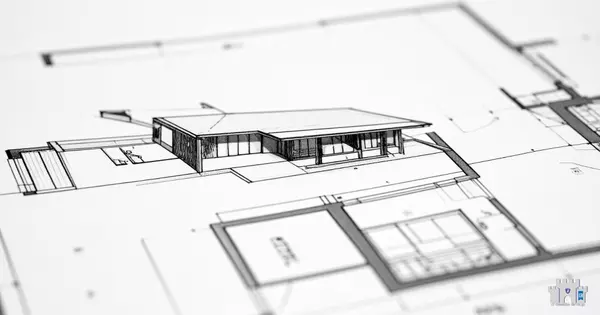Easy Ways to Extend the Life of Your Plumbing System

Plumbing issues can quickly turn into costly problems if they’re left unchecked. That’s why routine maintenance matters—even when everything seems to be working fine. Homeowners who stay ahead of small plumbing tasks often avoid major repairs down the line. Regular checks help you spot early signs of trouble, such as slow drains, unusual sounds, or small leaks. Even a tiny drip can waste gallons of water over time and damage cabinets or flooring. Start by inspecting under sinks, around toilets, and behind appliances for signs of moisture. Make sure water supply lines and valves are in good shape. Early attention to these details can save both money and stress.
Keeping drains clear is another key part of preventative plumbing care. Avoid pouring grease, oil, or food scraps down kitchen drains. In bathrooms, use drain covers to catch hair and debris that can lead to clogs. A monthly rinse with baking soda and vinegar, followed by hot water, can help keep pipes clean. Be cautious with chemical drain cleaners, which can harm your plumbing with repeated use. Also, consider having your drains professionally snaked once a year if you live in an older home. Don’t ignore slow-draining sinks or tubs—these are often signs of buildup. And remember to clean out the garbage disposal regularly to prevent odors and blockages.
Water pressure is another factor worth monitoring. Too much pressure can strain pipes, faucets, and water-using appliances. A pressure gauge from the hardware store can show whether your home is in a safe range. If the pressure is consistently high, a plumber can install a pressure-reducing valve. It’s also smart to flush your water heater once a year to remove sediment that can lower efficiency and shorten its life. Watch for signs like rumbling noises or inconsistent water temperature. Know where your home’s main water shutoff valve is located in case of an emergency, and test it occasionally to make sure it still works.
Preventative plumbing is about developing simple habits and scheduling periodic checkups. You don’t need to be a plumber to keep your system in good shape. Just staying observant and acting early can go a long way. If something looks, sounds, or smells off, don’t wait. Small issues tend to grow. Whether it’s replacing worn washers, tightening loose fittings, or having a professional do an annual inspection, these steps help avoid future headaches. In the long run, a little effort now can prevent major inconvenience later. Think of it like any routine home care: you’re investing in peace of mind.
Keeping drains clear is another key part of preventative plumbing care. Avoid pouring grease, oil, or food scraps down kitchen drains. In bathrooms, use drain covers to catch hair and debris that can lead to clogs. A monthly rinse with baking soda and vinegar, followed by hot water, can help keep pipes clean. Be cautious with chemical drain cleaners, which can harm your plumbing with repeated use. Also, consider having your drains professionally snaked once a year if you live in an older home. Don’t ignore slow-draining sinks or tubs—these are often signs of buildup. And remember to clean out the garbage disposal regularly to prevent odors and blockages.
Water pressure is another factor worth monitoring. Too much pressure can strain pipes, faucets, and water-using appliances. A pressure gauge from the hardware store can show whether your home is in a safe range. If the pressure is consistently high, a plumber can install a pressure-reducing valve. It’s also smart to flush your water heater once a year to remove sediment that can lower efficiency and shorten its life. Watch for signs like rumbling noises or inconsistent water temperature. Know where your home’s main water shutoff valve is located in case of an emergency, and test it occasionally to make sure it still works.
Preventative plumbing is about developing simple habits and scheduling periodic checkups. You don’t need to be a plumber to keep your system in good shape. Just staying observant and acting early can go a long way. If something looks, sounds, or smells off, don’t wait. Small issues tend to grow. Whether it’s replacing worn washers, tightening loose fittings, or having a professional do an annual inspection, these steps help avoid future headaches. In the long run, a little effort now can prevent major inconvenience later. Think of it like any routine home care: you’re investing in peace of mind.
Categories
Recent Posts

How to Decide If Now Is the Right Time to Sell Your Home

What First-Time Buyers in Northern California Usually Get Wrong

Building a Routine That Keeps Your Home in Shape

Simple Deck Care Tips for Homeowners

How Video Walkthroughs Improve Real Estate Marketing

Last-Minute Buyer Requests: A Seller’s Guide

Why Natural Light Matters When Choosing a Home

Why Wellness Spaces Appeal to Buyers

Is Less Grass Better for Homeowners?

Making Flexible Floor Plans Work in Marketing
GET MORE INFORMATION

Kenneth Jamaca
Managing Broker | REALTOR | License ID: 02080040
+1(925) 413-1849 | kenneth@jcastlegroup.com
